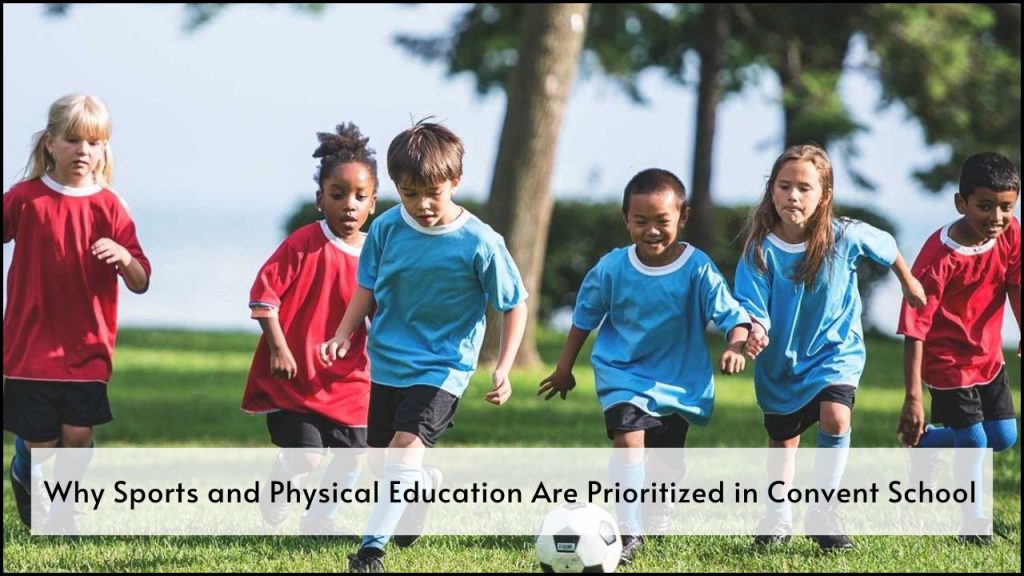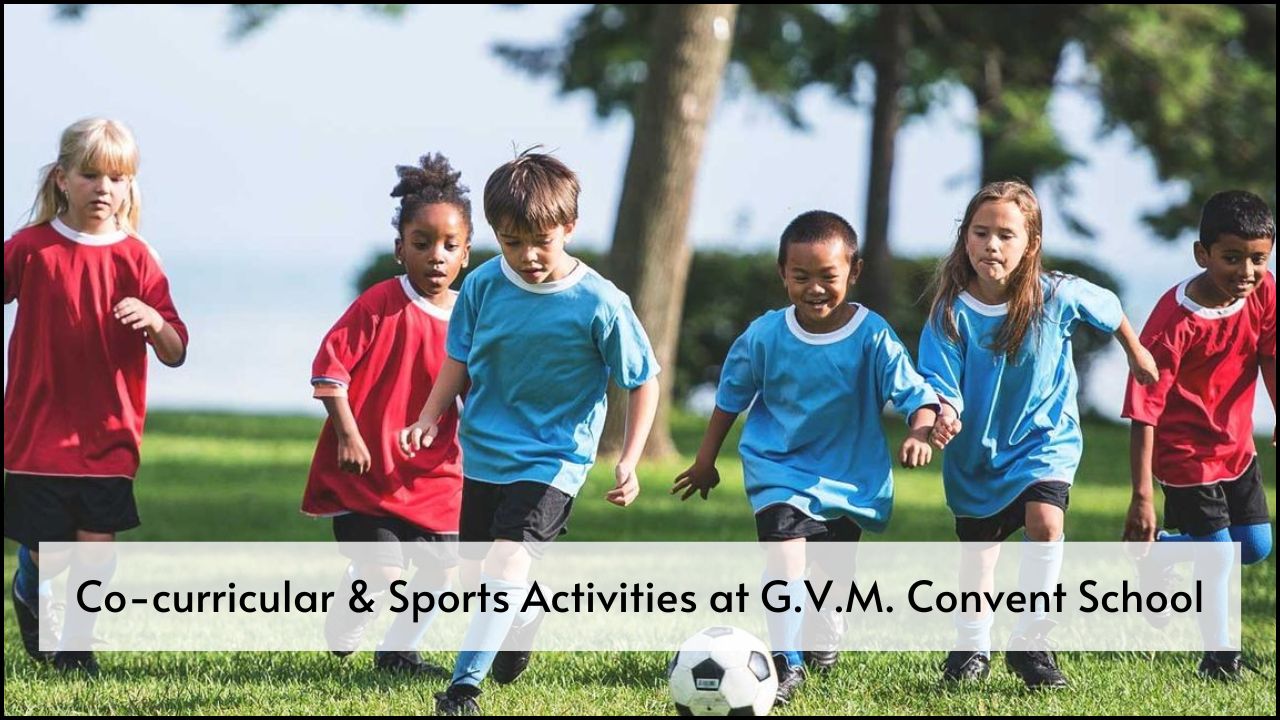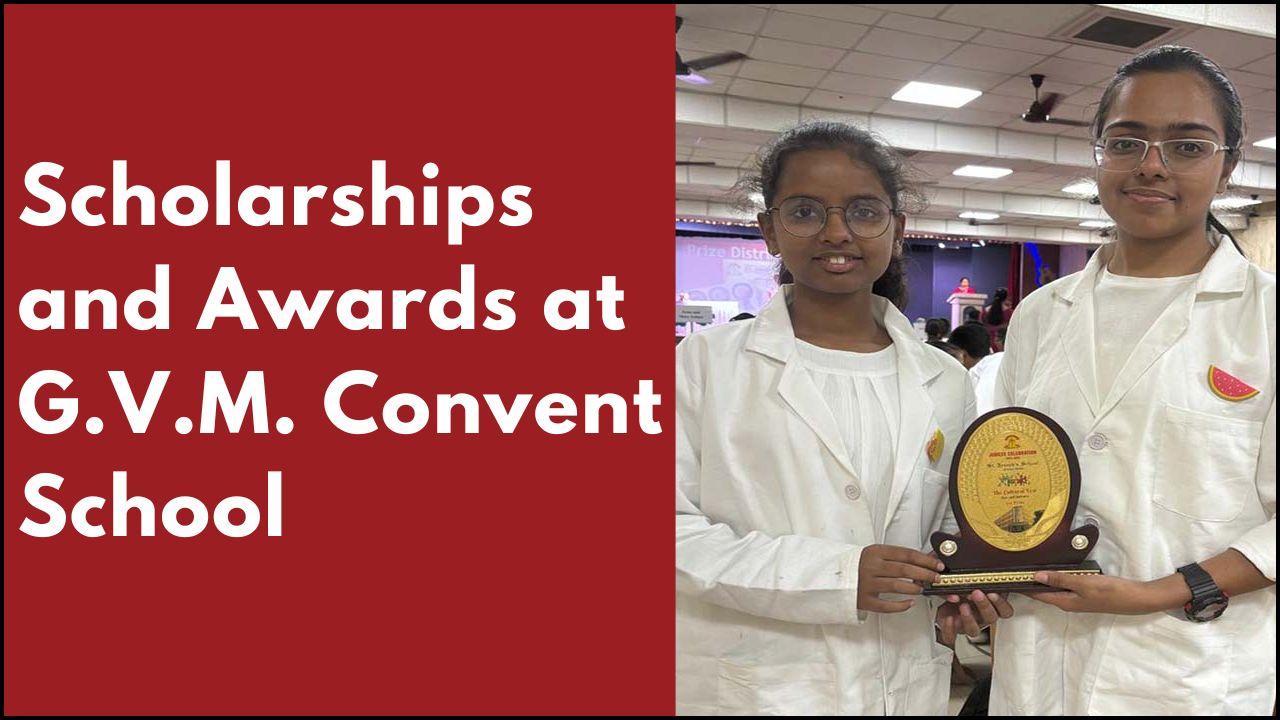
Convent schools are widely recognized for their discipline, academic excellence, and value-based education. Alongside studies, sports and physical education receive significant attention in these institutions. A well-rounded personality is considered more important than just academic performance. A strong belief exists in the idea that physical activity develops leadership, teamwork, and confidence. The emphasis on sports is not just about playtime. It is about grooming responsible, healthy, and emotionally balanced individuals.
Table of Contents
Importance of Sports in Convent Schools
- Balanced Development
Physical activities promote mental, emotional, and social growth in students. - Moral Values and Discipline
Sports teach honesty, punctuality, fairness, and respect—values that align with convent school principles. - Healthy Lifestyle
Regular physical education reduces the risk of obesity, stress, and lifestyle-related illnesses. - Social Skills
Interaction during team games enhances communication and collaboration among students. - Time Management
Sports help students learn how to balance academics with other responsibilities.
Physical Education as Part of Daily Routine
- Structured Timetable
Physical education is a regular part of the weekly school schedule in convent institutions. - Qualified Trainers
Schools employ certified physical instructors to ensure professional guidance. - Diverse Activities
Yoga, martial arts, athletics, and team sports are included to suit different interests and skill levels. - Mandatory Participation
Every student is encouraged to participate in at least one physical activity or sport.
Mental and Emotional Benefits of Physical Activities
- Stress Management
Games help reduce anxiety and boost mood through natural endorphin release. - Increased Focus
Regular exercise improves concentration and memory, helping students in academics. - Self-Esteem Boost
Achieving success in sports builds self-confidence and a sense of accomplishment. - Emotional Resilience
Learning to handle wins and losses prepares students for life’s challenges.
Facilities Provided by Convent Schools
| Facility | Details |
|---|---|
| Playgrounds | Spacious and well-maintained fields for football, cricket, and athletics |
| Indoor Sports Areas | Provision for badminton, table tennis, and chess |
| Swimming Pools | Some convent schools include pools with trained lifeguards and coaches |
| Fitness Equipment | Availability of fitness and training equipment for strength building |
| First-Aid Support | Medical kits and trained staff to handle minor injuries and health issues |
Annual Sports Events and Celebrations
- Sports Day Events
Convent schools conduct an annual sports day with activities like races, relays, and team games. - March Past and Drills
Students participate in parades, flag hoisting, and synchronized drills, promoting discipline. - Award Distribution
Winners are honored with medals and certificates to motivate them for future participation. - Inter-School Competitions
Many schools take part in district or state-level events, encouraging a spirit of healthy competition.
Role of Teachers and Management
- Encouraging Participation
Teachers identify student talents and push them toward the right sports. - Regular Assessments
Physical progress is monitored with skill evaluations and fitness tests. - Workshops and Guest Lectures
Experts are invited to discuss sports psychology, injury prevention, and career options in sports. - Supportive Environment
School management ensures that sports are not seen as a distraction but as a vital part of education.
Gender Equality in Sports
| Aspect | How Convent Schools Ensure Equality |
|---|---|
| Equal Access | Girls and boys receive the same access to facilities and coaching |
| Inclusive Sports | Games and events are designed to be suitable for all genders |
| Female Coaches | Presence of women trainers to guide and inspire female students |
| Awareness Campaigns | The presence of women trainers to guide and inspire female students |
Character Development through Sports
- Leadership Skills
Captaining a team helps students learn decision-making and responsibility. - Teamwork
Group sports build trust and cooperation among students of different backgrounds. - Goal Setting
Sports encourage students to set targets and work consistently to achieve them. - Accountability
Students learn to own their performance and actions during matches and practices.
Academic-Sports Balance
| Strategy | Impact |
|---|---|
| Integrated Timetables | Schedules are designed to give equal time to sports and academics |
| Counseling Support | Career counselors help students manage time and expectations |
| Parent-Teacher Coordination | Regular meetings ensure that parents support the school’s sports vision |
| Reward System | Academic privileges are offered to those who excel in both sports and studies |
Use of Modern Technology in Physical Education
- Fitness Apps and Trackers
Students and teachers use apps to monitor fitness goals and physical progress. - Video Analysis
Game footage is reviewed to correct techniques and improve skills. - Virtual Coaching
Online sessions are arranged with national-level coaches for expert advice. - Sports Science Integration
Basic education on body mechanics and nutrition is provided to student-athletes.
Summing Up
Convent schools understand that physical education shapes the body, mind, and character of young learners. A strong emphasis on sports ensures that students are not just academically excellent but also mentally strong and socially capable. With proper infrastructure, guidance, and encouragement, convent schools create a perfect blend of learning and fitness, preparing students to face the world with confidence and clarity.





